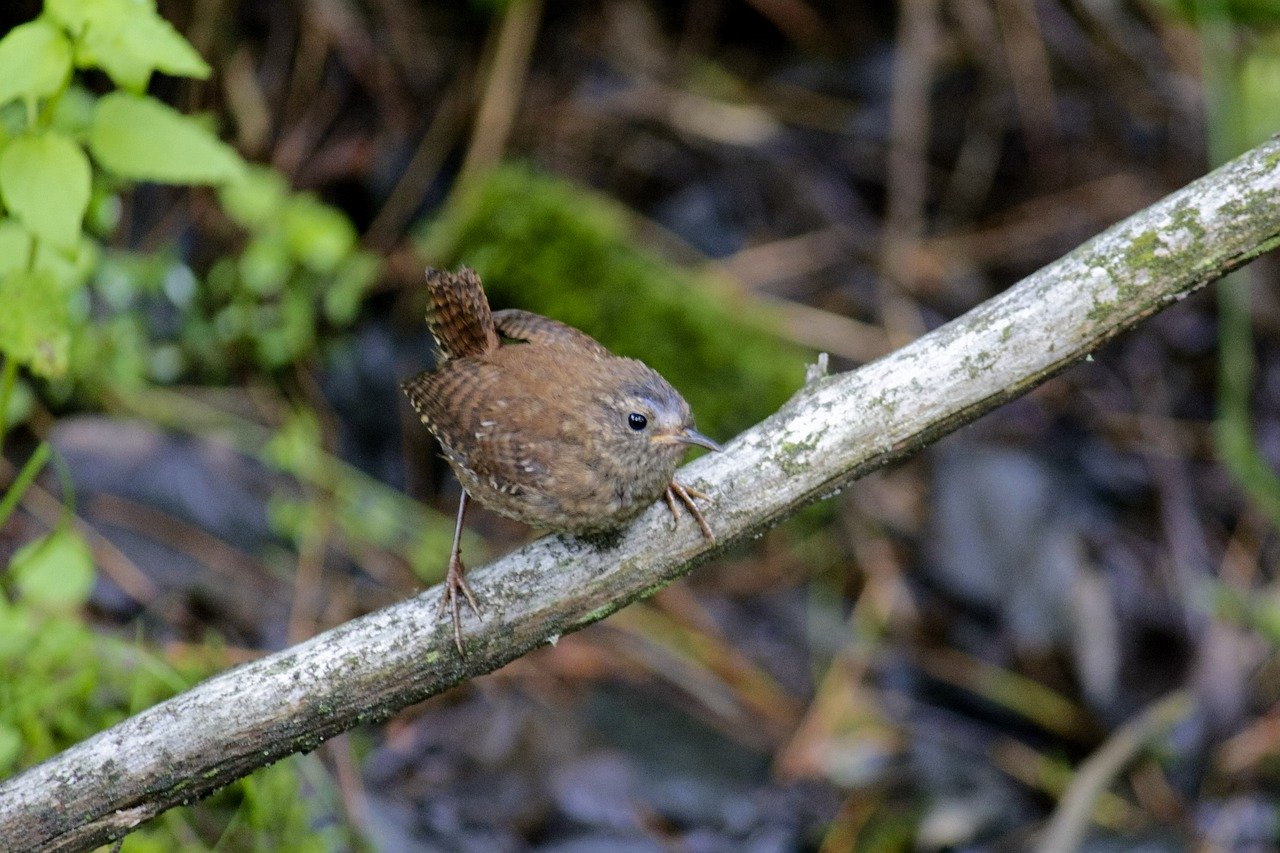Biden Administration Restores Protections Under Migratory Bird Act
A Trump-era policy that rolled back protections for migratory birds has been reversed. Here is what that means for migratory birds in the US.

Written by Sofia Del Aguila, B.A., American University
A Trump-era policy that rolled back protections for migratory birds has been reversed. Here is what that means for migratory birds in the US.
The Migratory Bird Treaty Act (MBTA) was originally passed in 1918 to protect migratory bird populations. The act prohibits the killing, capturing, trading, selling, or transport of protected migratory bird species without permission from the Department of Interior U.S. Fish and Wildlife Service. The list of protected birds includes over 1000 species, several of which are endangered.
In 2020, the Trump Administration determined that accidental deaths or harm to birds would not be considered a violation of the MBTA. This interpretation of the law has been criticized for enabling companies to be less cautious about how their operations affect birds. Among incidentals that would not be penalized include those from oil pits and electrocutions, which kill over 30 million birds each year.
In 2010, the Deepwater Horizon oil spill alone killed more than 100,000 birds across 93 species. Thanks to the MBTA, BP was required to pay $100 million to the North American Wetlands Conservation Fund. Under the previous administration, BP would not have been liable under the MBTA because the birds were killed unintentionally.
Thankfully, on September 30th, the Biden administration made plans to revoke this rule. The new rule, which will go into effect December 4th, would ensure that companies are held accountable for all bird deaths. This would hopefully encourage companies, especially those in electric, oil and gas, to take greater precautionary measures to protect birds.
This decision came just days after the FWS declared nine species of birds extinct in the US.
The number of birds in North America has steadily declined by 3 billion, or 29% since 1970. In addition to deaths caused directly by humans, habitat loss and fragmentation are other major threats to birds. A proper habitat is essential for birds to breed, raise their young, and access food and water. Rapid urbanization has driven birds out of their natural habitats and forced them to either adapt to urban environments or flee.
A dwindling bird population is not a good sign for the rest of the environment. Birds are a good indicator of ecological health. When habitat damage occurs, birds are often the first animals to leave before the damage is detected by humans. This is even more of a reason why changes in bird populations should be taken seriously.
While a step in the right direction, restoring MBTA protections is not enough to save bird populations from further extinction. More conservation efforts must be made to protect and restore bird habitats. Environment Virginia supports the expansion of land conservation that would help to reverse current bird population trends. By taking action against threats to our land, we can ensure that birds and other animals will have the habitat they need to flourish.

Sofia produces written content for her internship at Environment Virginia. A current Public Health student at American University, Sofia is passionate about improving the health of people and the environment. Sofia lives in Arlington, Virginia where she enjoys hiking, baking, and spending quality time with her bird.
Authors
Elly Boehmer
State Director, Environment Virginia
A former canvass director and organizer with Impact, Elly now directs Environment Virginia's efforts to promote clean air, clean water and open spaces in Virginia. Elly lives in Richmond, Virginia, where she enjoys gardening, photography, hiking and rollerblading with her dog.

